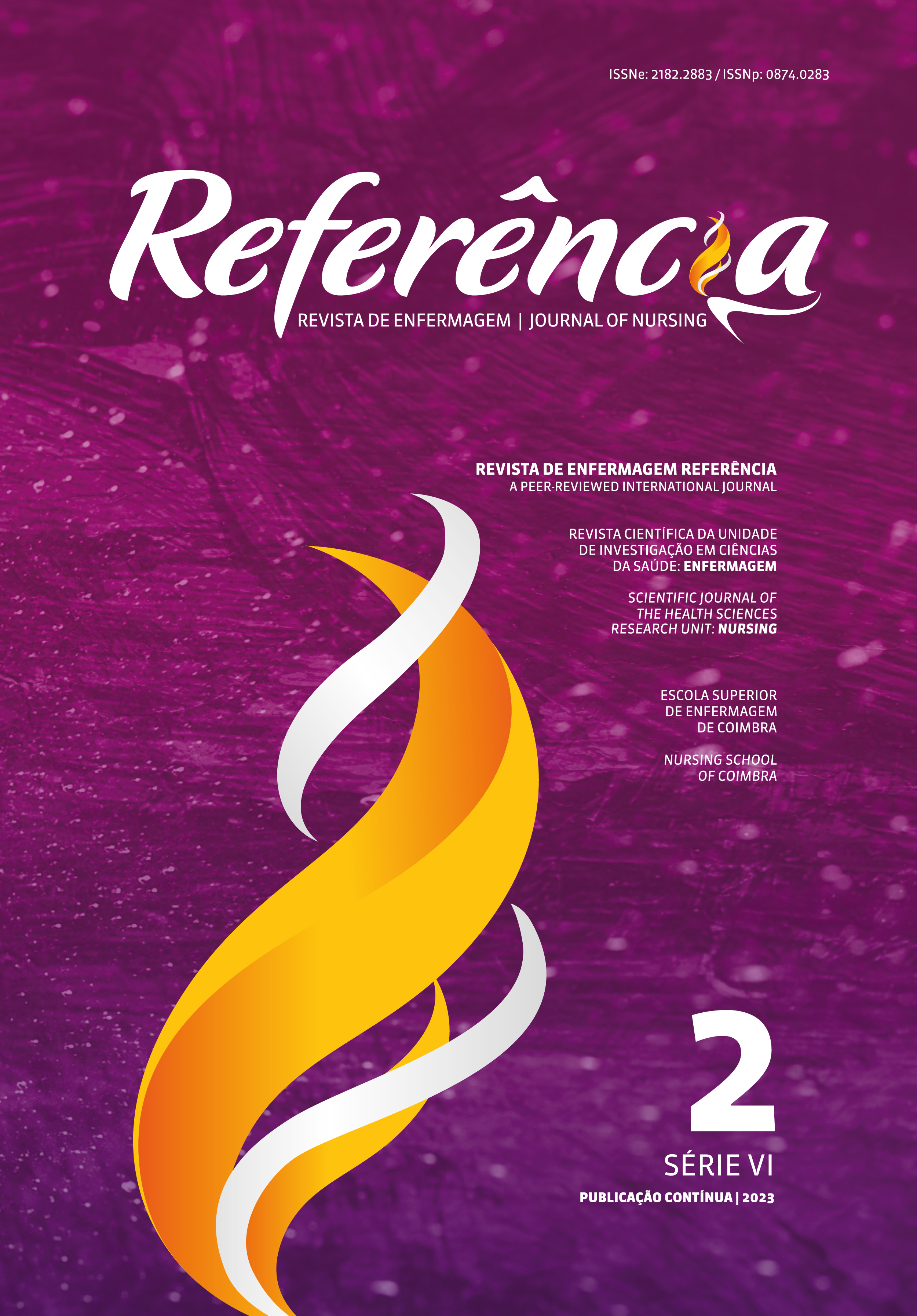Interprofessional education and collaborative work in health: Perceptions and experiences of teachers and tutors
DOI:
https://doi.org/10.12707/RVI23.57.31042Keywords:
interprofessional education, professional training in health, work teamAbstract
Background: Health training has been debated in different scenarios, especially due to changes in health care models, with Interprofessional Health Education being a strategy tailored for this purpose.
Objective: To analyze the perception of health teachers and tutors of a public university in southern Brazil about interprofessional education and the challenges for changing the professional training model, based on their experience in the Education through Work Program (PET) – Interprofessional Healthcare.
Methodology: Qualitative, descriptive-exploratory research, using semi-structured interviews and thematic analysis according to Minayo (2016).
Results: The experiences in the PET generated new perceptions about teamwork, collaborative work, and uniprofessional work, highlighting Interprofessional Education (IPE) as fundamental in training and work.
Conclusion: Inserting interprofessional and collaborative work into teaching is fundamental for changes in curricular guidelines, as evidenced by experiences with the PET. Therefore, promoting collaborative work within the Unified Health System (SUS) through IPE becomes a relevant strategy for changing the professional profile in health work.
Downloads
References
Barr, H., Koppel, I., Reeves, S., Hammick, M., & Freeth, D. (2005). Effective interprofessional education: Arguments, assumption evidence.
Blackwell Chriguer, R. S., Aveiro, M. C., Batista, S. H., & Garbus, R. B. (2021). O PET-saúde interprofissionalidade e as ações em tempos de pandemia: Perspectivas docentes. Interface: Comunicação, Saúde, Educação, 25(supl 1), e210153. https://doi.org/10.159 /interface.210153
Conselho Nacional de Secretarias Municipais de Saúde. (2008). O conasems. http://www.cosemsms.org.br/files/publicacoes/formacao_profissionais_2008.pdf
Costa, M. V., Azevedo, G. D., & Pereira, M. J. (2019). Aspectos institucionais para a adoção da educação interprofissional na formação em enfermagem e medicina. Saúde em Debate, 43(sup.1), 64-76. https://doi.org/10.1590/0103-11042019S105
França, T., Magnago, C., Santos, M. R., Belissário, S. A., & Silva, C. B. (2018). PET-saúde/graduaSUS: Retrospectiva, diferenciais e panorama de distribuição dos projetos. SaúdeDebate, 42(esp2), 286-301. https://doi.org/10.1590/0103-11042018S220
Farias-Santos, B. C., & Noro, L. R. (2017). PET-saúde como indutor da formação profissional para o sistema único de saúde. Ciência & Saúde Coletiva, 22(3), 997-1004. https://doi.org/10.1590/1413-81232017223.15822016
Minayo, M. C. (Ed.). (2016). Pesquisa social: Teoria, método e criatividade. Vozes.
Mira, Q. L., Barreto, R. M., & Vasconcelos, M. I. (2016). Impacto do PET-saúde na formação profissional: Uma revisão integrativa. Revista Baiana de Saúde Pública, 40(2), 514-531. https://doi.org.10.22278/2318-2660.2016.v40.n2.a1682
Moreira, K. F., Moura, C. O., Fernandes, D. E., Farias, E. S., Pinheiro, A. S., & Junior, A. G. (2022). Preceptor’s perceptions about the teaching-learning process and collaborative practices in primary health care. Revista Gaúcha de Enfermagem, 43, e20210100. https://doi.org/10.1590/1983-1447.2022.20210100.pt
Neves, C., Brito, M. G., Leite, L., Dias, I., & Priante, P. T. (2020). As concepções de preceptores do SUS sobre metodologias ativas na formação do profissional da saúde. Educação em Revista, 36, e207303. https://doi.org/10.1590/0102-4698207303
Peduzzi, M., Oliveira, M. A., Silva, J. A., Agreli, H. F., & Neto, M. V. (2016). Trabalho em equipe, prática e educação interprofissional. In Clínica médica: Atuação da clínica médica, sinais e sintomas de natureza sistêmica, medicina preventiva, saúde da mulher, envelhecimento e geriatria (Vol. 1, pp. 171-179). Manole.
Reeves, S., Zwarenstein, M., Goldman, J., Barr, H., Freeth, D., Ham mick, M., & Koppel, I. (2008). Interprofessional education: Effect on professional practice and healthcare outcomes. Cochrane Database of Systematic Reviews, 1. https://doi.org/10.1002/14651858.CD002213.pub2
Silva, R. M., Bezerra, I. C., Brasil, C. C., & Moura, E. R. (Orgs.). (2018). Estudos qualitativos: Enfoques teóricos e técnicas de coleta de informações. Edições Uva. https://portais.univasf.edu.br/medicina-pa/pesquisa/producao-cientifica/experiencias-qualitativas-ebook
Silva, E. A., Silva, G. T., Santos, N. V., Silva, R. M., Fraga, F. M., Ribeiro, B. J., & Leal, B. C. (2021). Formação docente para o ensino da educação interprofissional. Cogitare Enfermagem, 26, e73871. http://dx.doi.org/10.5380/ce.v26i0.73871
Souza, E. C., Júnior, A. R., Cavalcante, A. S., Torres, R. A., & Silva, M. R. (2019). Projeto vivências e estágios na realidade do sistema único de saúde: Linha de fuga na formação em saúde para uma atuação na saúde coletiva. Saúde em Debate, 43(122), 897-905. https://doi.org/10.1590/0103-1104201912219
Vuckovic, V., Karlsson, K., & Sunnqvist, C. (2019). Preceptors’ and nursing students’ experiences of peer learning in a psychiatric context: A qualitative study. Nurse Education in Practice, 41, 102627. https://doi.org/10.1016/j.nepr.2019.102627






















